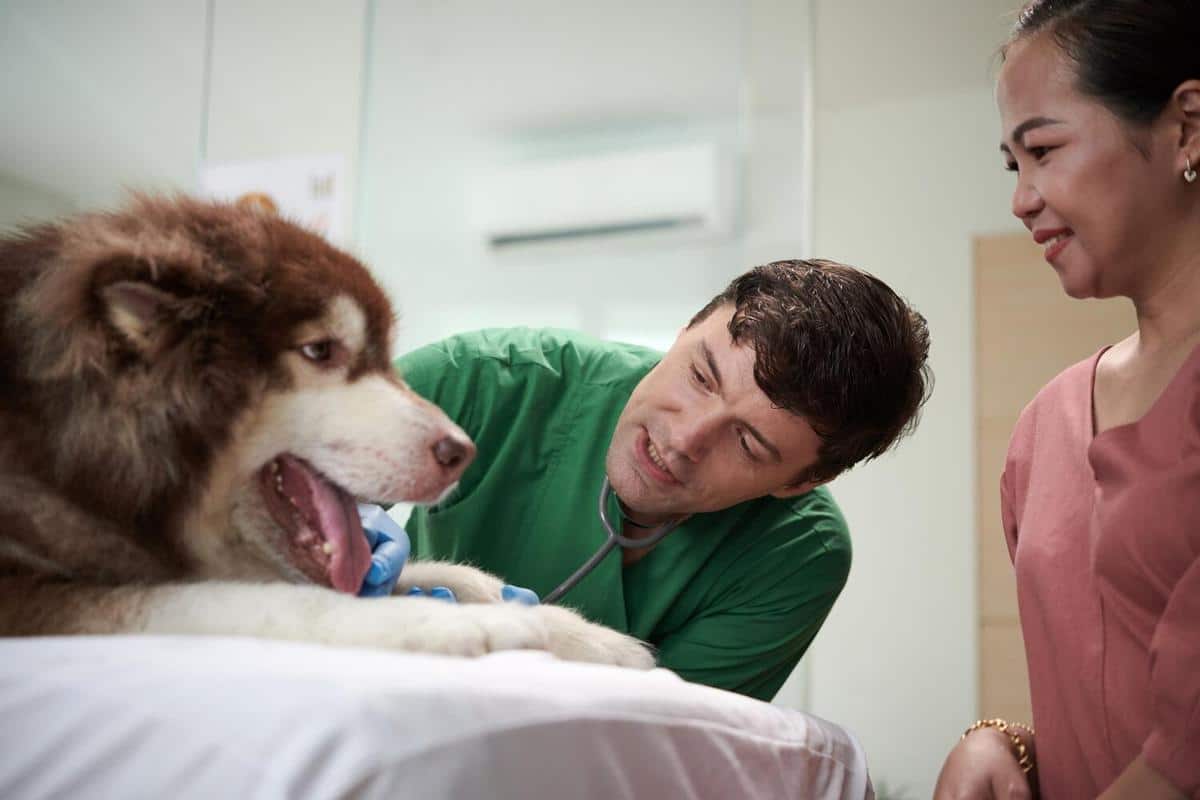
When Is It Time to Visit the Emergency Vet?
Deciding when to take your pet to the emergency vet can be a nerve-wracking decision. As pet owners, we always strive to provide the best care, but sometimes it’s difficult to determine if a situation is urgent or if it can wait for a regular vet visit.
Understanding the Signs of an Emergency
Knowing the signs that indicate an emergency is crucial for every pet owner. According to Dr. Lisa E., a renowned veterinarian, “Pet owners should trust their instincts. If something feels off about your pet, it’s better to err on the side of caution and seek emergency care.” Common emergencies include difficulty breathing, severe bleeding, persistent vomiting or diarrhea, and sudden lethargy or inability to move.
Common Pet Emergencies
| Emergency Sign | Description |
|---|---|
| Breathing Issues | Difficulty breathing or constant coughing can indicate a serious problem. |
| Severe Bleeding | Any bleeding that doesn’t stop within five minutes needs immediate attention. |
| Vomiting/Diarrhea | Persistent vomiting or diarrhea can lead to dehydration and needs prompt care. |
| Inability to Move | Sudden paralysis or weakness could be a sign of a neurological issue. |
| Seizures | Any seizure lasting more than a few minutes should be evaluated by a vet. |
| Bloated Abdomen | A swollen belly can indicate a life-threatening condition known as bloat. |
| Poisoning | Ingestion of toxic substances requires immediate veterinary help. |
| Eye Injuries | Any injury to the eye can jeopardize vision and needs quick assessment. |
What to Do in an Emergency
In the event of an emergency, remain calm and follow these steps:
- Assess the Situation: Determine the severity of the symptoms and whether immediate action is necessary.
- Contact Your Vet: Call your regular vet or an emergency clinic for guidance.
- Prepare for Transport: Safely secure your pet in a carrier or with a leash.
- Gather Information: Bring any relevant medical records or information about recent incidents.
When in Doubt, Seek Help
It’s always better to consult with a professional when you’re unsure about your pet’s health. Veterinarian Dr. John R. advises, “Timely intervention can prevent a minor issue from escalating into a major one.”
Additional Resources
For more information on pet emergencies, consider visiting reputable pet health websites or forums where you can connect with other pet owners and experts. Websites like PetMD and the ASPCA offer valuable insights and advice.
Frequently Asked Questions
What should I bring to the emergency vet?
Bring your pet’s medical records, a list of medications, and details of the current issue.
How can I prevent emergencies?
Regular vet check-ups, a balanced diet, and a safe environment can help prevent many emergencies.
Is pet insurance helpful in emergencies?
Yes, having pet insurance can alleviate financial stress during unexpected medical crises.
Conclusion
Recognizing when to visit the emergency vet is essential to ensuring your pet’s health and well-being. By staying informed and prepared, you can make swift decisions that may save your pet’s life. Remember, when in doubt, it’s always better to consult with a professional. Your pet’s health is a top priority, and your vigilance is their best defense.